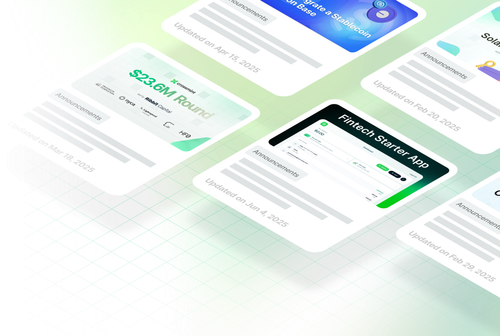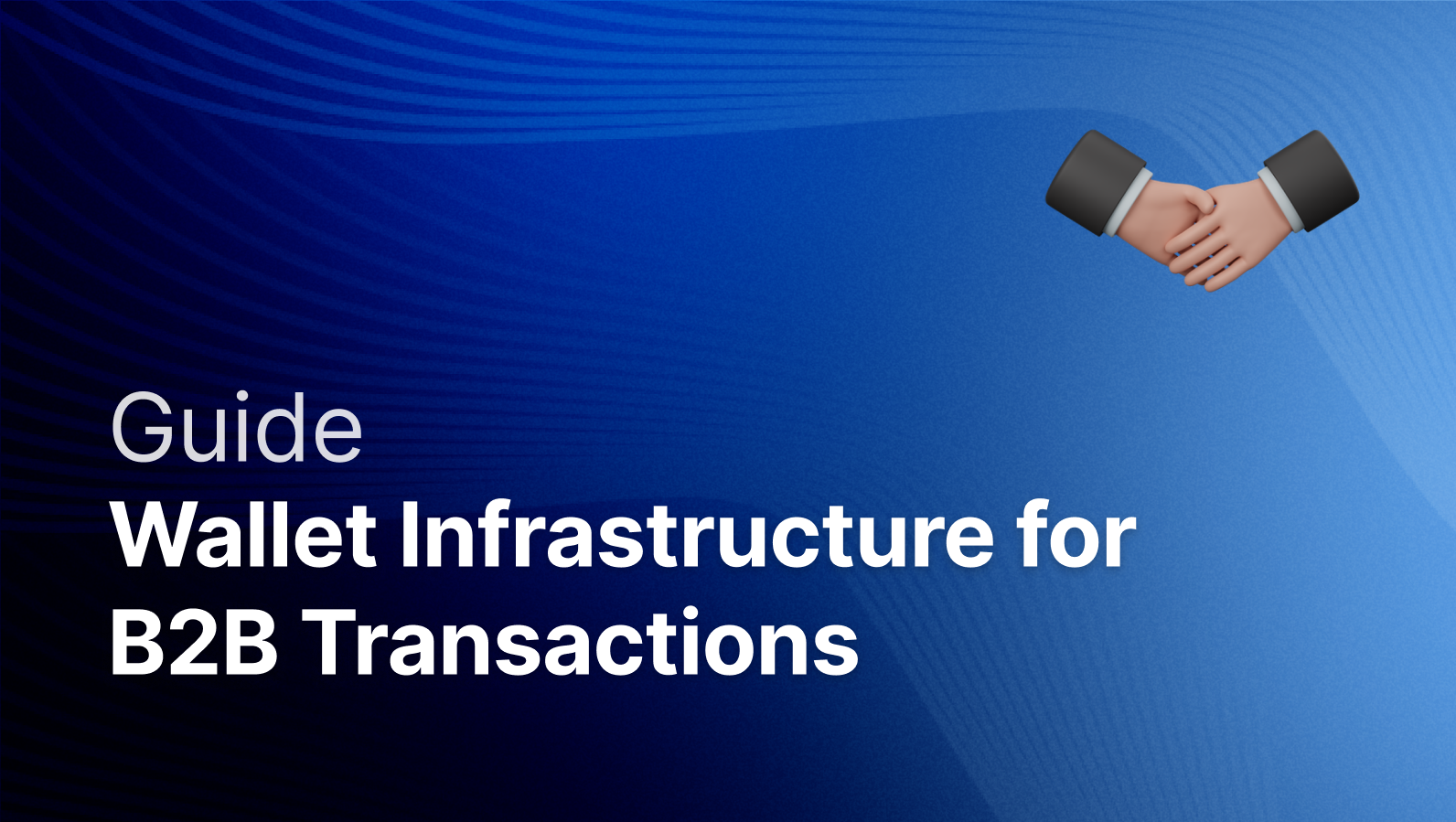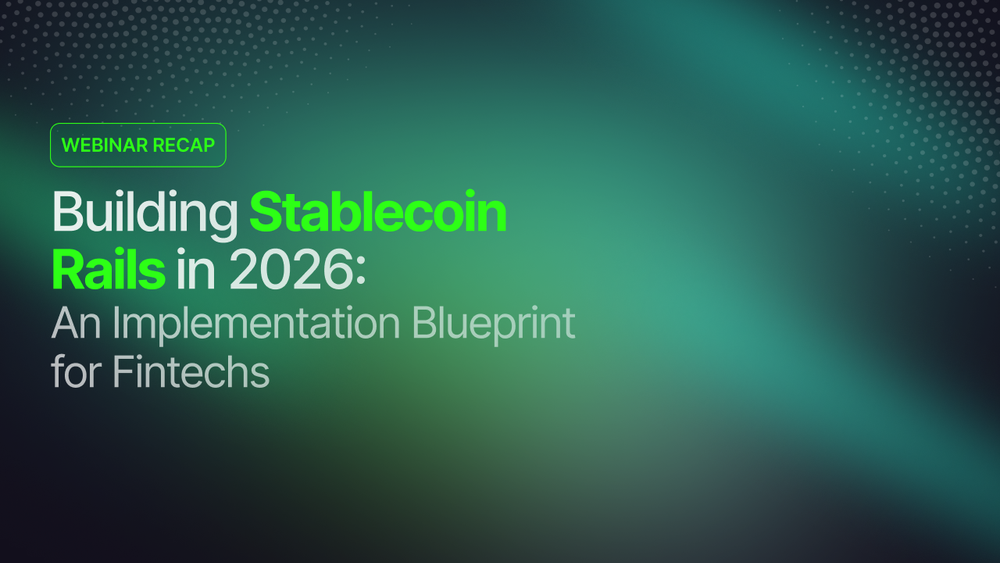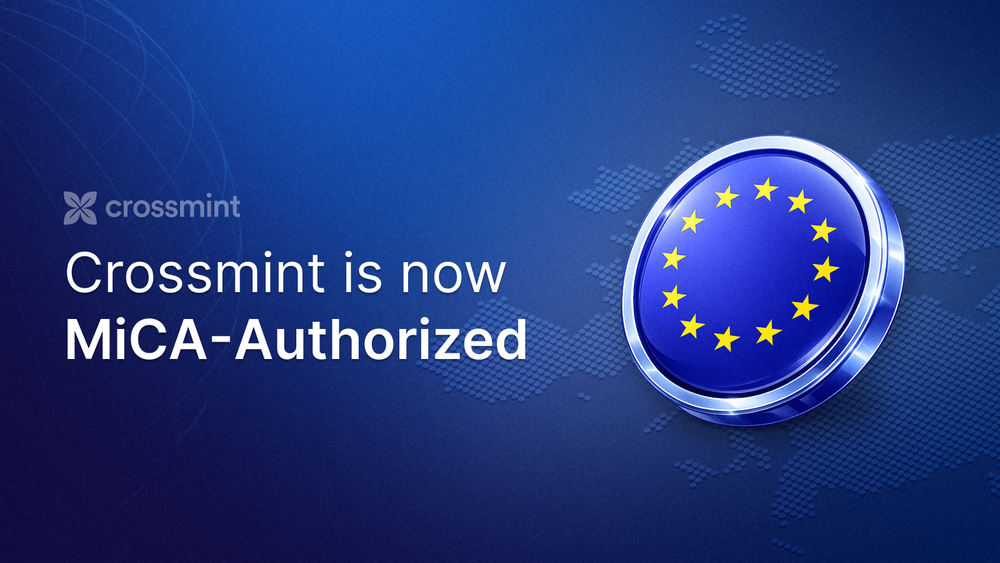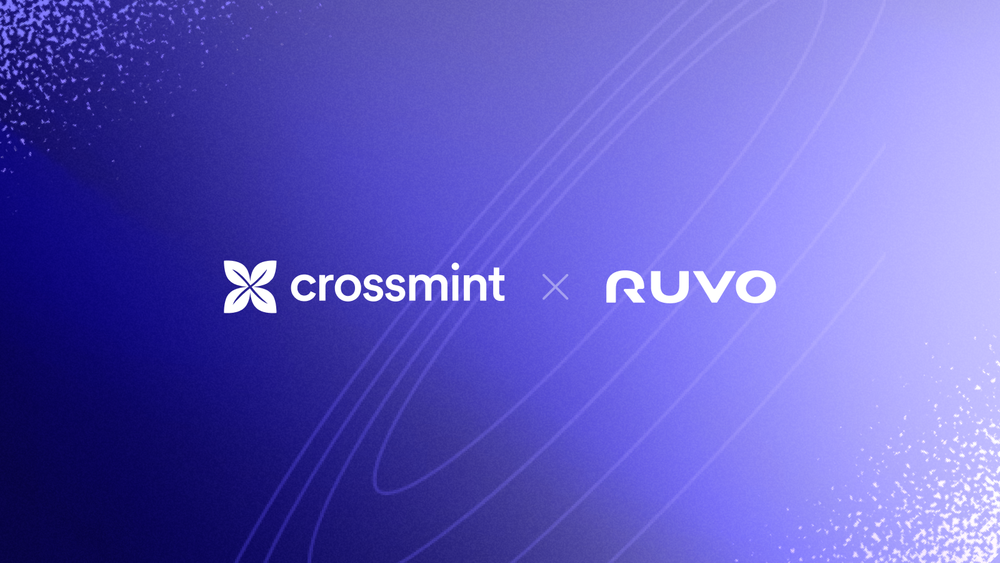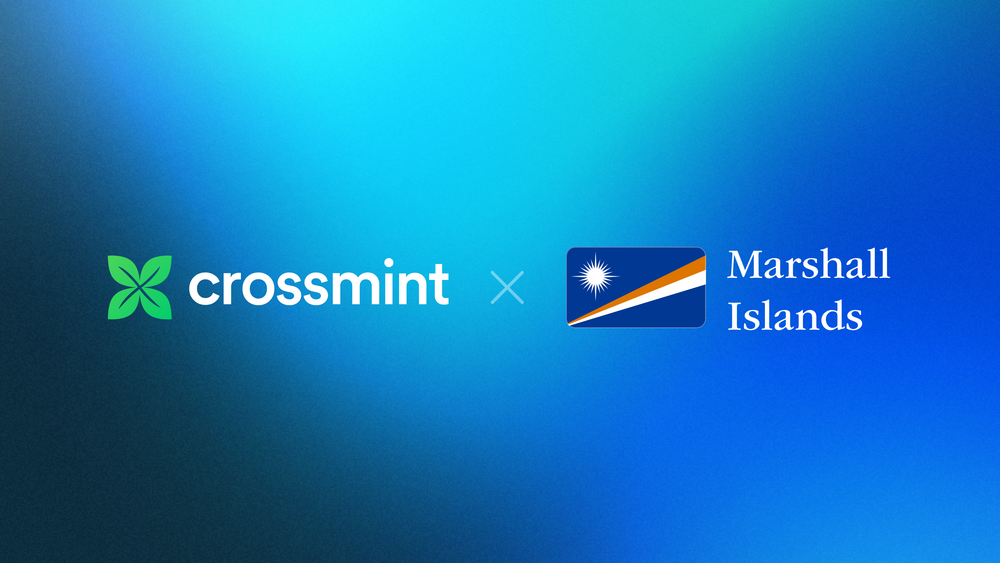Cross-border B2B payments are broken. While domestic transfers work adequately, the moment a business needs to pay suppliers in Singapore, manufacturers in Mexico, or contractors in London, they enter a maze of correspondent banks, compliance checks, and multi-day delays. Companies managing global supply chains lose billions annually to this antiquated system.
Why? Because traditional payment infrastructure treats business transactions like glorified bank transfers, ignoring the complex logic, conditions, and workflows that define modern commerce.
The hidden costs of outdated B2B payment systems
Consider this scenario: A manufacturer needs to pay dozens of suppliers across multiple countries every month. Each payment requires different currencies, approval workflows, and compliance checks. Using traditional banking:
- Each international wire incurs substantial fees and takes several business days
- Currency conversions eat into margins through unfavorable rates
- Many payments require manual intervention due to errors
- Reconciliation consumes hours of finance team time weekly
The hidden costs compound quickly. Beyond direct transaction fees, businesses lose significant revenue to cash flow delays, failed payments, and operational overhead. Yet despite these losses, B2B payments remain stubbornly analog in an increasingly digital economy.
How embedded wallets and stablecoins transform B2B economics
Programmable wallet infrastructure and stablecoins replace static bank accounts with intelligent, API-driven wallets that execute business logic automatically. Instead of initiating transfers and hoping they clear, businesses embed payment conditions, approval rules, and settlement triggers directly into the payment infrastructure.
How it works: wallets function as smart payment accounts. They hold funds securely, execute pre-programmed payment logic, and settle instantly across borders. Think of them as your treasury operations automated that handles everything from multi-party approvals to conditional payments without manual intervention.
Here's what changes for B2B transactions:
Instant global settlements. Cross-border payments that crawl through correspondent banks for days settle in seconds. Singapore to São Paulo—days become seconds.
Conditional payments execute automatically. Release funds only after delivery confirmation. Split invoices by performance metrics. When triggers hit, funds flow instantly. No manual approvals or payment disputes.
Transaction costs plummet. Stablecoins means pennies per transaction, minimal FX fees. Hundreds of monthly international payments? Save hundreds of thousands annually.
Compliance becomes code. Wallets validate recipients, enforce limits, and maintain audit trails automatically. Payment errors drop dramatically when validation happens before, not after, sending funds.
Real-time visibility via API. Every transaction is instantly accessible. Weekly reconciliation hours become minutes of automated reporting.
The infrastructure already powering global commerce
Crossmint's embedded wallet infrastructure already powers over 40,000 companies including Mastercard, Microsoft, Red Bull, and Adidas. Supporting 40+ different payment networks, the platform abstracts away complexity while maintaining enterprise-grade security.
How enterprises use programmable B2B wallets today:
- Global manufacturers: Automate progress payments to suppliers based on shipment milestones
- Logistics companies: Instantly settle with carriers across 50+ countries upon delivery confirmation
Marketplaces: Split payments to multiple vendors with automatic fee deductions - Import/export businesses: Hold funds in escrow until customs clearance, then release automatically
The shift has begun. Leading logistics providers now settle carrier payments instantly across dozens of countries, dramatically reducing payment float. Global manufacturers coordinate supplier payments through programmable workflows, cutting procurement cycles from weeks to days. Even traditional industries recognize the competitive advantage—construction firms use programmable wallets to automate progress payments, while commodity traders settle transactions in minutes instead of days.
Built on regulated digital dollars
Programmable, embedded wallets use stablecoins—digital dollars backed 1:1 by real USD reserves and regulated by financial authorities. Major banks and fintechs already move billions in stablecoins daily. The technology is proven, the regulatory framework exists, and the accounting treatment follows standard foreign currency guidelines.
Your team works with familiar tools. No gas fees, approval prompts, or technical complexity. Use simple APIs and interfaces while Crossmint handles all the infrastructure behind the scenes. Work with a single vendor instead of orchestrating multiple solutions.
Enterprise security without the complexity
VASP licensed, SOC2 II certified, GDPR compliant with 99.99% uptime SLA. But beyond certifications, here's what matters:
- You control the funds: Non-custodial & custodial architecture means your business can create hybrid custody models for relevant geographies
- Complete auditability: Every transaction is timestamped, signed, and immutable
- Compliance built-in: KYC/AML checks automated at the infrastructure level
- Recovery procedures: Multi-signature setups with clear key recovery processes
- Insurance: Commercial crime insurance covers digital asset risks
Your existing finance controls and approval workflows integrate directly—this isn't replacing your ERP, it's upgrading your payment rails.
The competitive reality of programmable B2B payments
Companies implementing programmable wallet infrastructure don't just save money—they fundamentally reimagine their financial operations. Instant settlements accelerate cash cycles. Automated compliance reduces risk. Programmable logic enables new business models. While competitors wait days for payments to clear, forward-thinking businesses operate at the speed of software.
The question isn't whether B2B payments will become programmable, but whether your business will lead or follow the transition. Early adopters capture immediate cost savings while building operational advantages that compound over time.
Start with what matters: your highest-friction payments
You don't need to transform all B2B payments overnight. Start with your most painful payment corridor—perhaps supplier payments to Asia or contractor settlements in Latin America. Identify where delays cost you the most, where fees pile up, or where payment failures disrupt operations. Then, use the stablecoin sandwich to quickly expand into new geographies.
Crossmint's wallet infrastructure can scale to millions of programmable transactions for enterprises worldwide. Our embedded wallet solution transforms payment operations from cost center to competitive advantage.
Contact our team to discuss how embedded wallets can transform your B2B payments stack.


